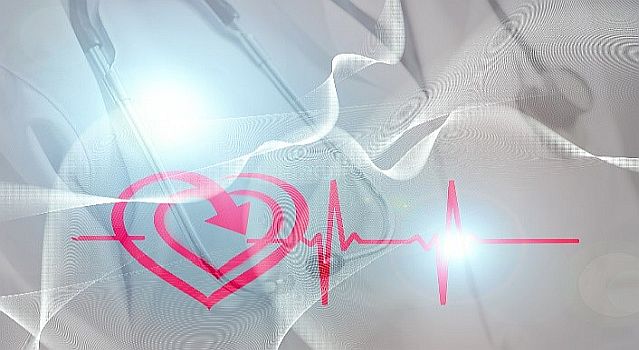BLOOD PRESSURE

Each time your heart beats, it pumps blood into your arteries. A blood pressure measurement is a test That measures the force (pressure) In your arteries as your heart pumps.
Blood pressure is measured as two numbers Systolic blood pressure (the first and higher number) measures pressure inside your arteries when the heart beats.
Diastolic blood pressure (the second and lower number) measures the pressure inside the artery when the heart rests between beats.
High blood pressure is a common condition that affects the body's arteries. It's also called hypertension. If you have high blood pressure, the force of the blood pushing against the artery walls is consistently too high. The heart has to work harder to pump blood.
A blood pressure measurement helps diagnose high blood pressure early, so it may be treated before it leads to serious complications.
Most people with high blood pressure have no symptoms, even if blood pressure readings reach dangerously high levels. You can have high blood pressure for years without any symptoms.
TA few people with high blood pressure may have:
Headaches
Shortness of breath
Nosebleeds
If you were diagnosed with high blood pressure, your provider may recommend one or more of the following lifestyle changes.
- Exercise regularly. Staying active can help lower your blood pressure and also help manage your weight. Most adults should aim for 150 minutes of physical activity per week. Check with your provider before beginning an exercise program.
- Keep a healthy weight. If you are overweight, losing as little as 5 pounds can lower your blood pressure.
- Eat a healthy diet that includes fruits, vegetable, and whole grains. Limit foods high in saturated fat and total fat.
- Reduce salt in your diet. Most adults should have less than 1500 mg of salt per day.
- Limit alcohol use. If you choose to drink, limit yourself to one drink a day if you are a woman; two drinks a day if you're a man.
- Don't smoke.
Blood pressure that's too low, known as hypotension, is much less common. But you may get tested for low blood pressure if you have certain symptoms. Unlike high blood pressure, low blood pressure usually causes symptoms. These include:
Dizziness or lightheadedness
Nausea
Cold, sweaty skin
Pale skin
Fainting
Weakness
